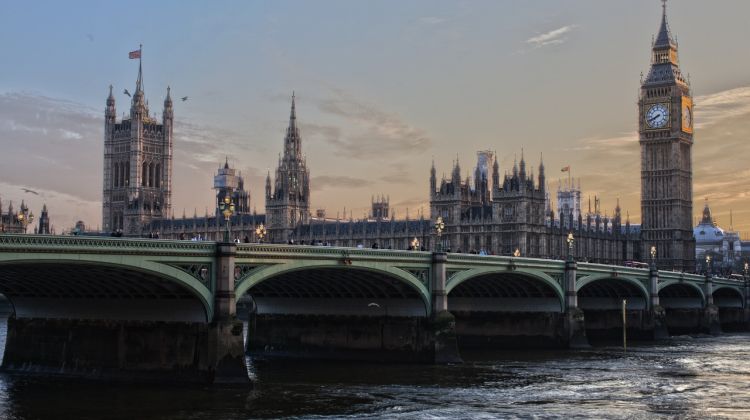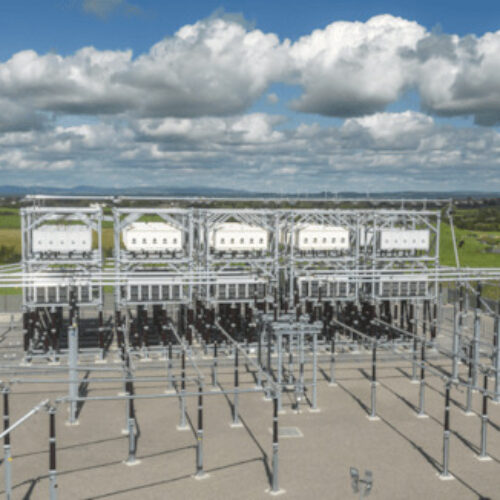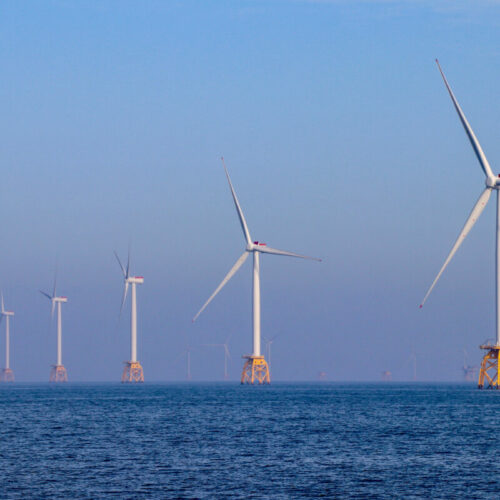According to new data released by the UK Government, nearly £40 billion has been spent mitigating the impact of rising energy bills on households and businesses throughout winter.
The period between October 2022 and March 2023 saw the government spend £39.3 billion across the Energy Price Guarantee, the Energy Bills Support Scheme and the Energy Bill Relief Scheme.
When the wholesale gas market started to become even more volatile in early 2022, many households and businesses were at the mercy of the market with the cost of energy in the UK skyrocketing. This was primarily a result of the Russian invasion of Ukraine, which then saw a reduction in Russian imported fossil fuels.
In a bid to protect UK consumers, the Energy Price Guarantee was introduced from October 2022 to provide a support rate discount on domestic gas and electricity. This was later included in the Energy Prices Bill, alongside the Energy Bill Relief Scheme, a similar initiative designed to reduce energy costs for businesses.
The newly released government figures show that from October up to the end of March, almost £21 billion went towards the Energy Price Guarantee. An expected £12 billion has also been paid out under the Energy Bills Support Scheme, which offered homes £400 payments towards their bills over winter.
Businesses and other organisations benefitted from a £5.5 billion boost under the Energy Bill Relief Scheme and a further £933 million was spent on other government energy support schemes, including alternative schemes providing support for households and businesses off-grid and those using alternative fuels.
“Putin’s illegal invasion of Ukraine and his reckless attempts to hold the West to ransom sent energy prices spiralling around the world,” said energy security secretary, Grant Shapps.
“We acted swiftly and decisively to protect families and businesses from the full impact of that shock – covering around half a typical energy bill over winter. This helped safeguard jobs and livelihoods and enabled many families to heat their homes.
“And we will not stop leading the world in standing up to Putin, helping countries around the world to move away from Russian fossil fuels – just as we have done having not used any Russian gas for the past 12 months.”
In late May, energy regulator Ofgem released its new energy price cap setting it at £2,074 from 1 July – the first time in 18 months it has fallen.
The price cap reduction represents the stabilisation of the energy market in the UK and could bode well for the future as more renewables connect to the grid and wholesale costs continue to fall. Despite this, it is important to note that the price cap is still well above the levels it was before the energy crisis took hold.
As a result, customers could continue struggling to pay energy bills and thus support must continue to be rolled out to those in need.





